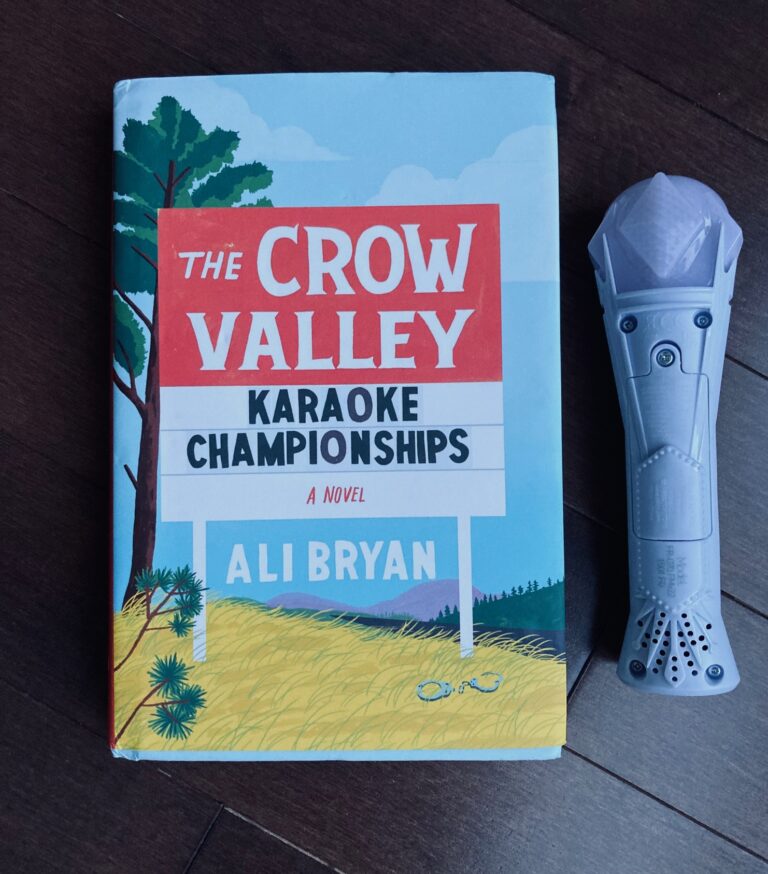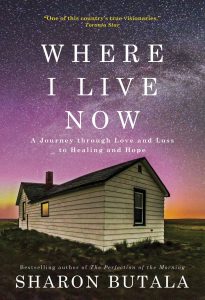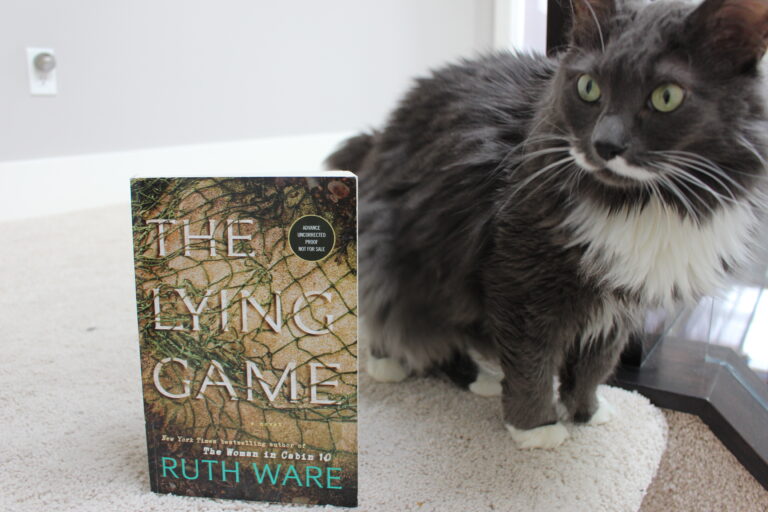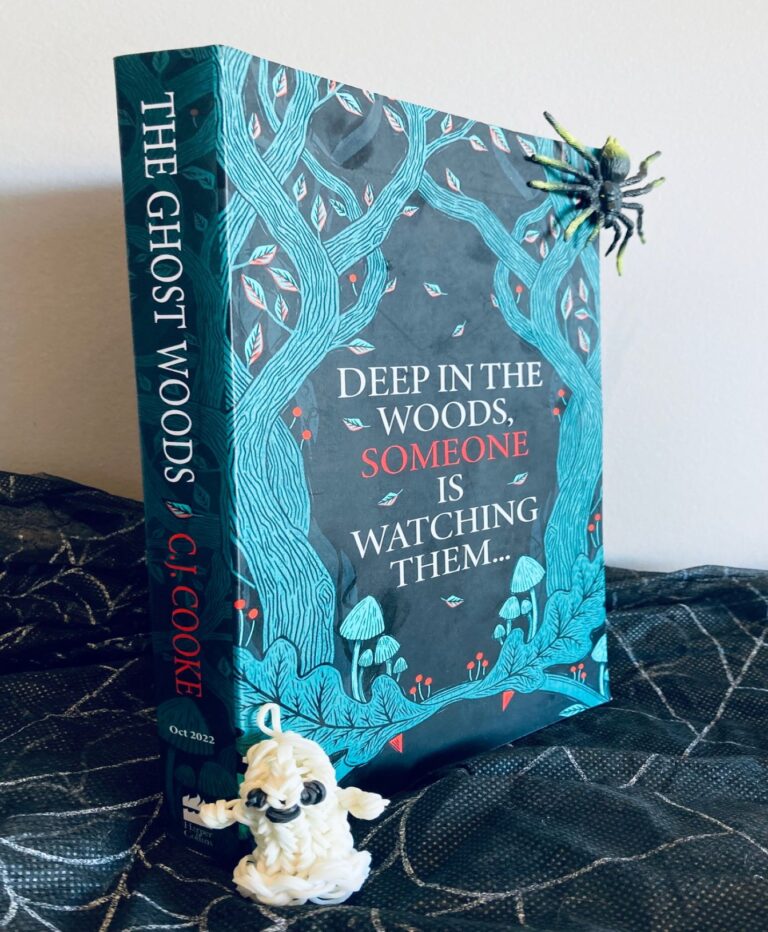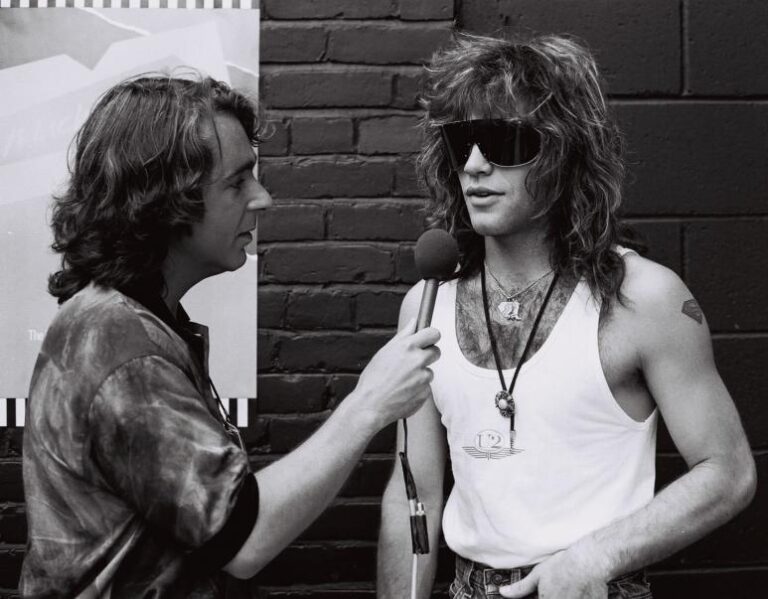Halloween Book Review: The Girls by Emma Cline

Like many other book bloggers out there, I choose to pick up scary (ish) books during the month of Halloween to help me get into the spirit of things. The spooky season was a great excuse to finally read The Girls by Emma Cline, which has been staring out at me on my book shelf for months now.
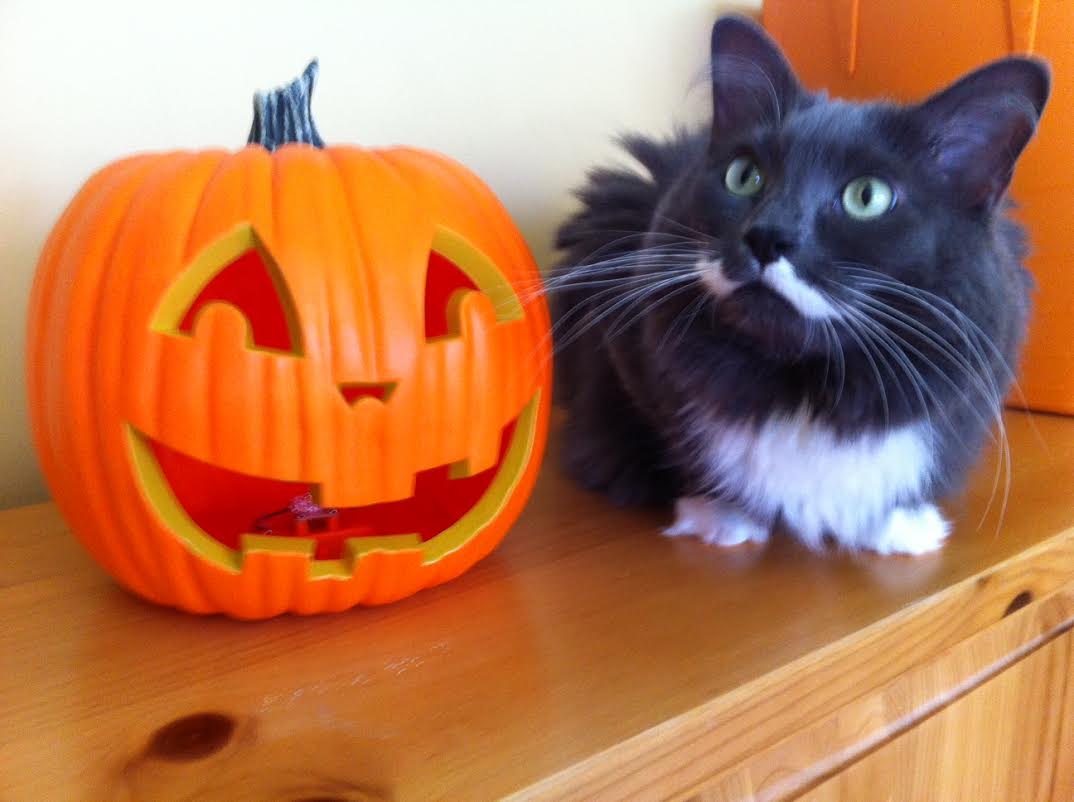
I read a few reviews of it before I picked it up myself, which is never a good idea because it inevitably taints your thoughts on the book before you even start reading it. But even though the reviews have been mixed, I personally enjoyed the book.
Yes, the writing is flowery, this can annoy some people. But I found it really beautiful, the language was unique, and it made reading the narrative pleasant, putting you into a dream-like state even though you were sometimes reading about things that were horrific. This may seem like a reach to some, but what Cline did with her language mimicked the act of what the cult leader, Russell did to his followers. I better back up a second here.
The story is about a young girl named Evie who’s bored, and finds herself drawn to a group of scroungy-looking women she comes across in a park one day. Keep in mind this is the 70s, so I imagined everyone looked a bit scraggly, but moving on. Evie is invited back to ‘the ranch’, which is essentially a run down commune that hosts young people who are in love with their ‘leader’, con-man Russell. While there, they do a bunch of drugs and engage in sexual acts with each other (isn’t that what everyone did in the 70s?). Anyway, in a Charles Manson-esque way, some people in this group are eventually persuaded to commit a very violent act, which they are eventually jailed for, and don’t worry, this isn’t a spoiler.
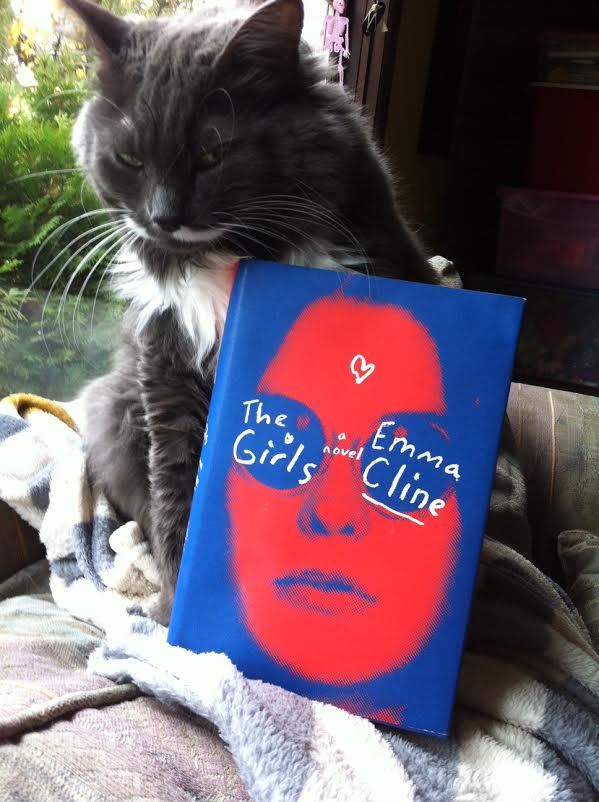
Other than the language used, I really enjoyed Cline’s general commentary on women and their positions within society at that time. She frequently makes these over-arching statements in reference to the struggles young women face both internally and externally. Most of what she says is still applicable in some small way, even today. For example:
“At that age, I was, first and foremost, a thing to be judged, and that shifted the power in every interaction onto the other person” (p. 99).
I’m not usually prone to making gender-specific observations, but I do feel I understand this statement very acutely having been a young woman at one point in my life (that time has passed now unfortunately) and now having a young daughter of my own. Women more than men are judged on their appearances, especially when they’re teenagers, and Cline’s ability to point that out so frequently in a non-irritating way is something to be commended in this book.

